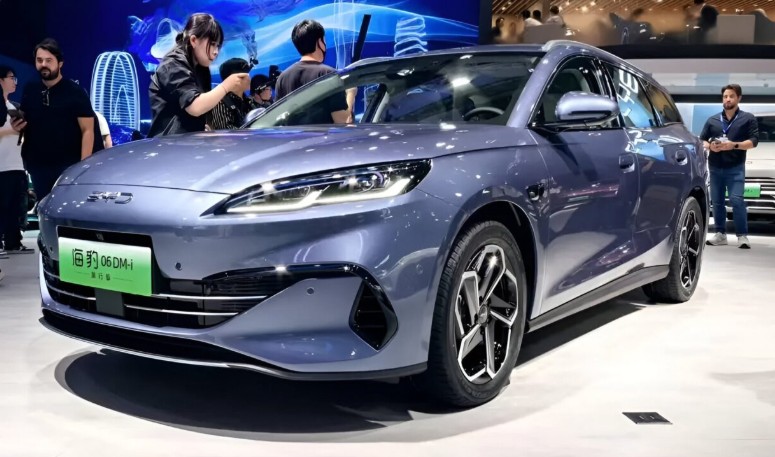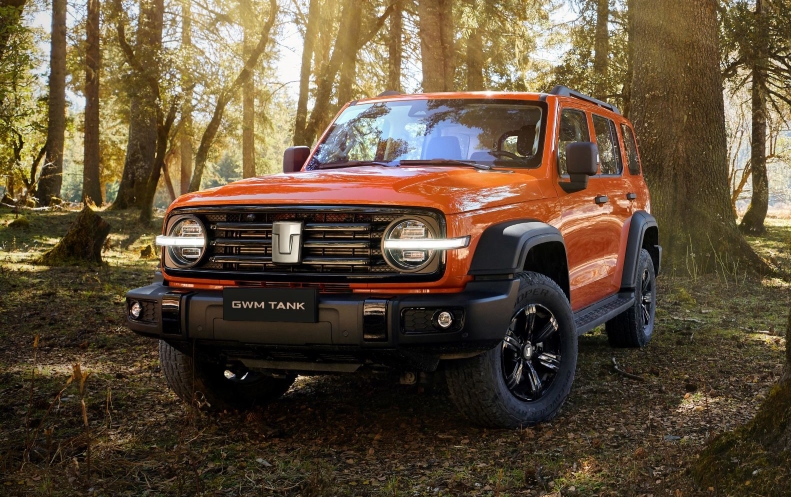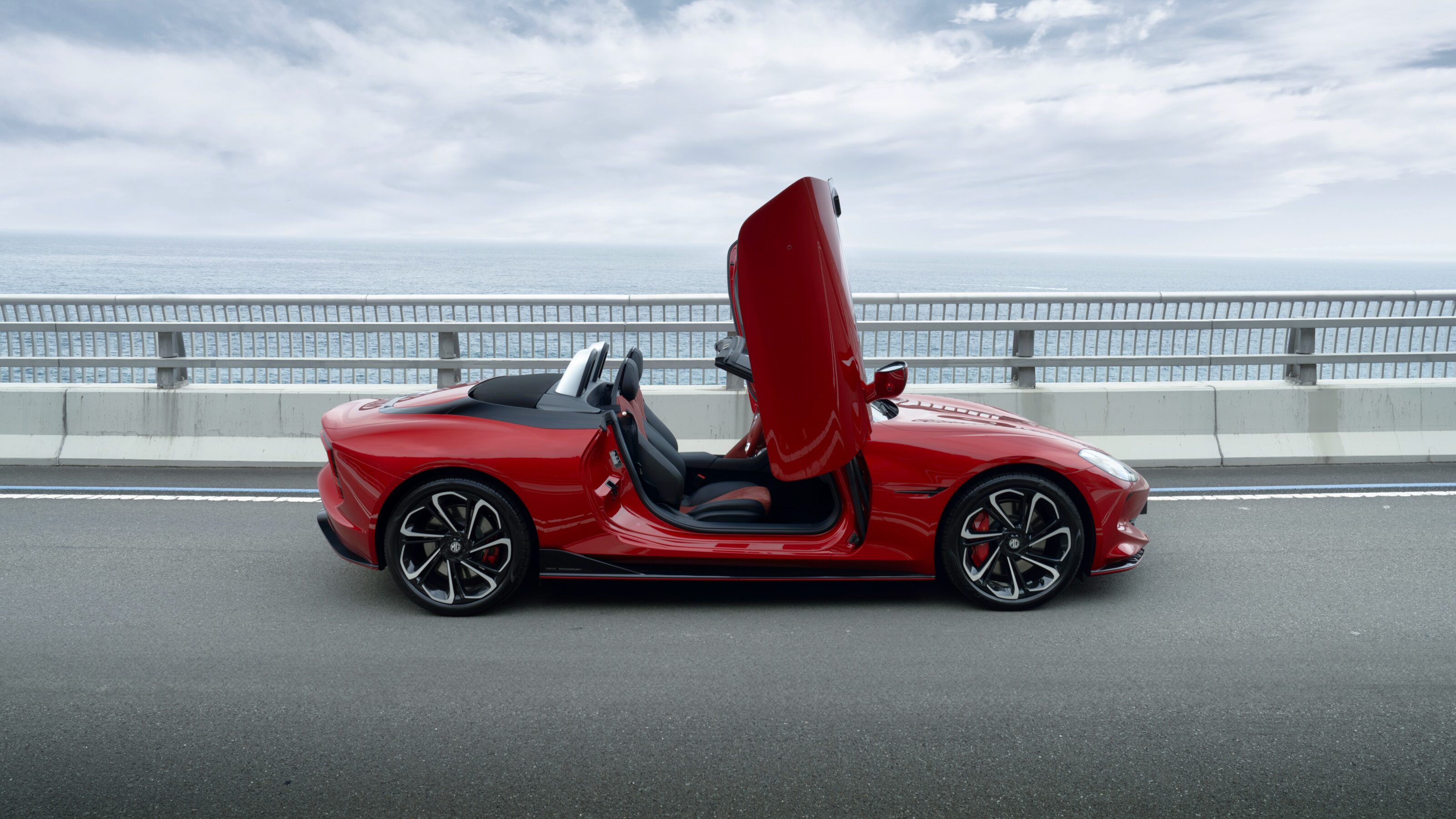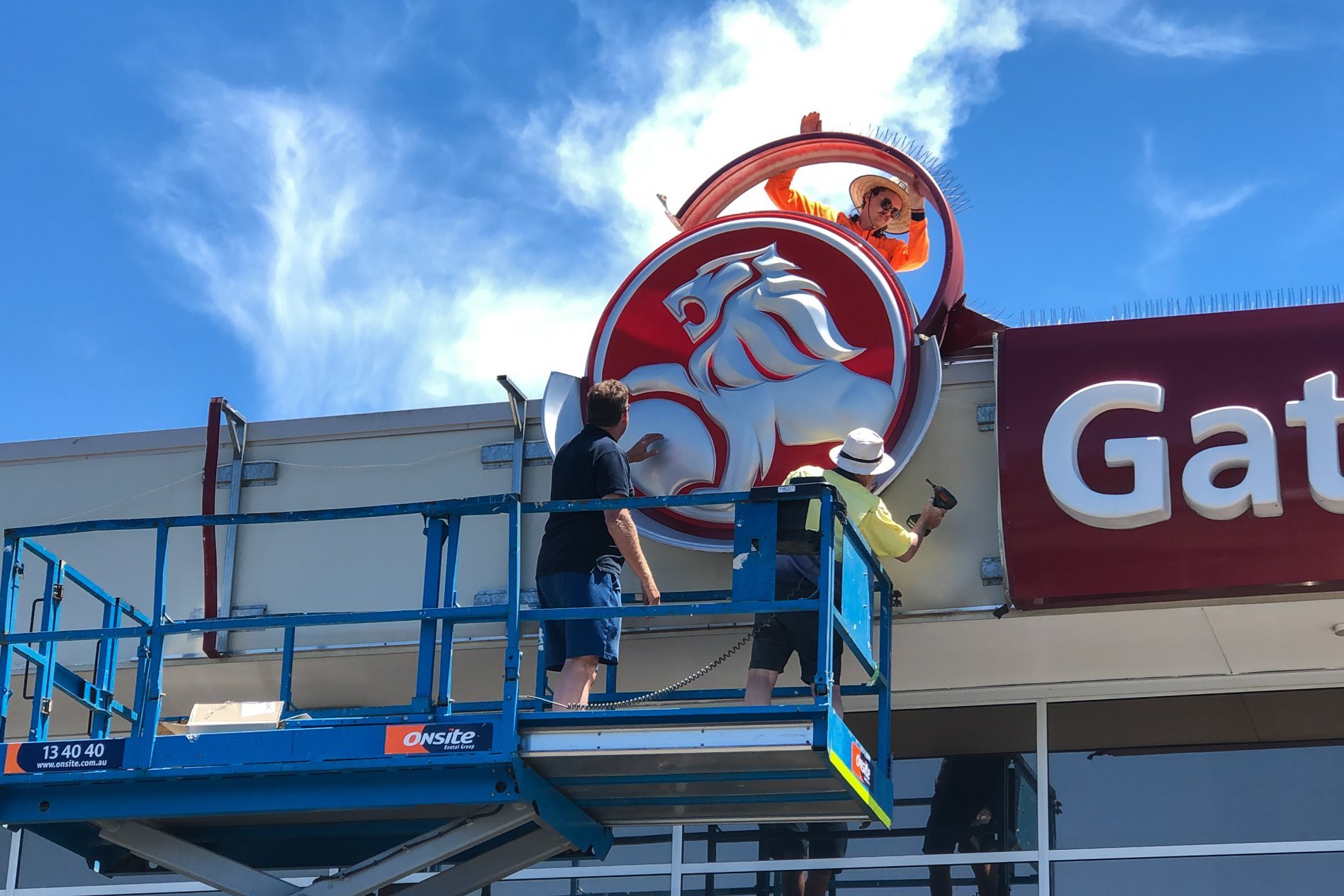
Mark January 2021 down in your diary as the month that the Lion officially stopped roaring in Australia.
New Holden car sales have dried up, with the brand officially recording zero new sales for January 2020.
It’s the first time in Holden’s 73-year history that it’s not sold a single car in a given month, marking another sombre milestone as the former Australian company fades further into obscurity.
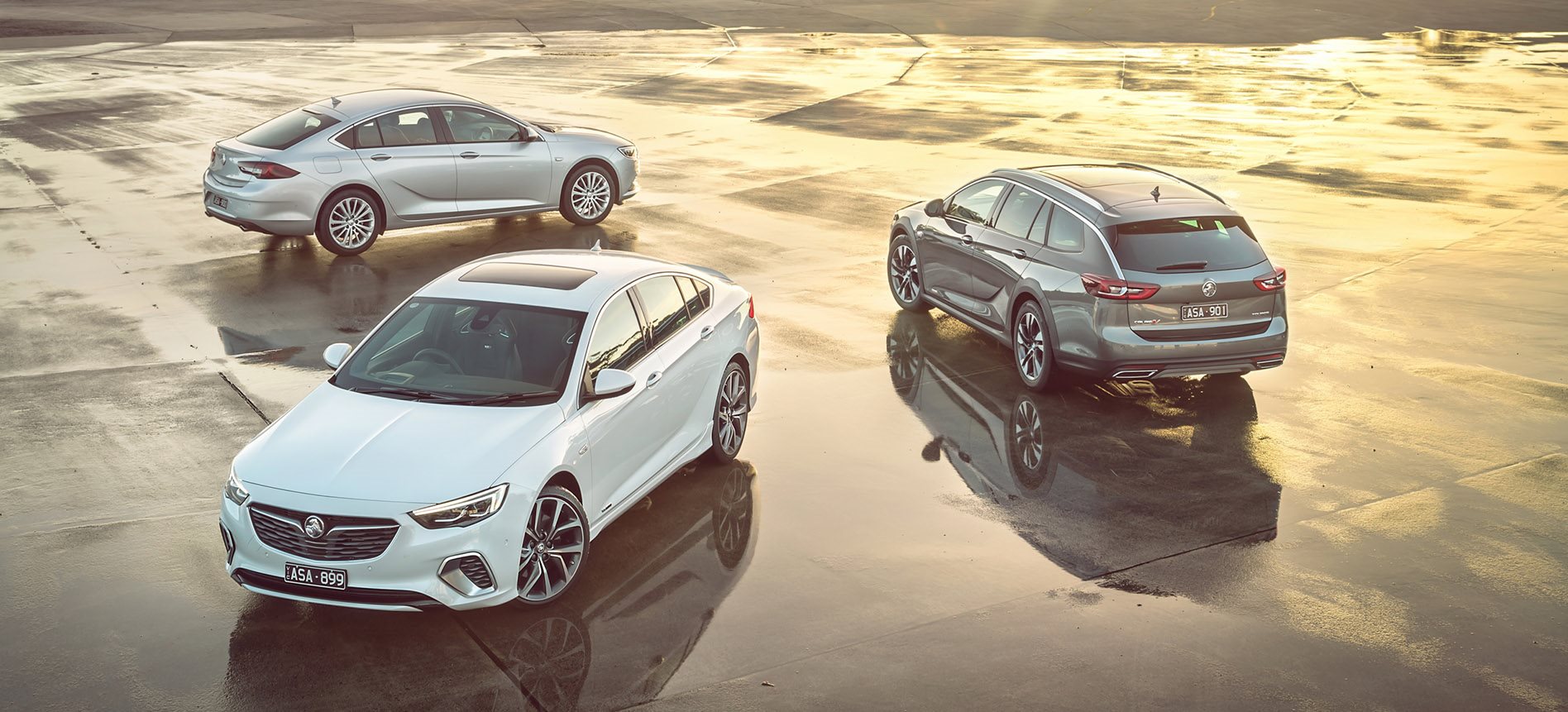
January’s non-result comes after December 2020 in which Holden sold 28 vehicles overall.
While you might think that things could ‘perk up’ next month for Holden as dealers try to offload the last trickle of stock, its zero-streak will continue from here as General Motors marked December 31, 2020 as the brand’s last day.
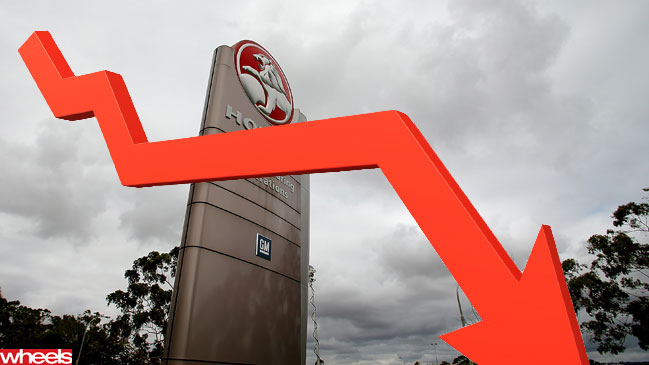
GM-backed sales incentives ceased on New Year’s Eve 2020, which meant that any existing cars held on Holden lots will have been morphed into low-kilometre demo or used vehicles.
Holden dealerships are also becoming fewer and further between, with their lots slowly accommodating more and more rival brands’ cars as dealer principals change tack.
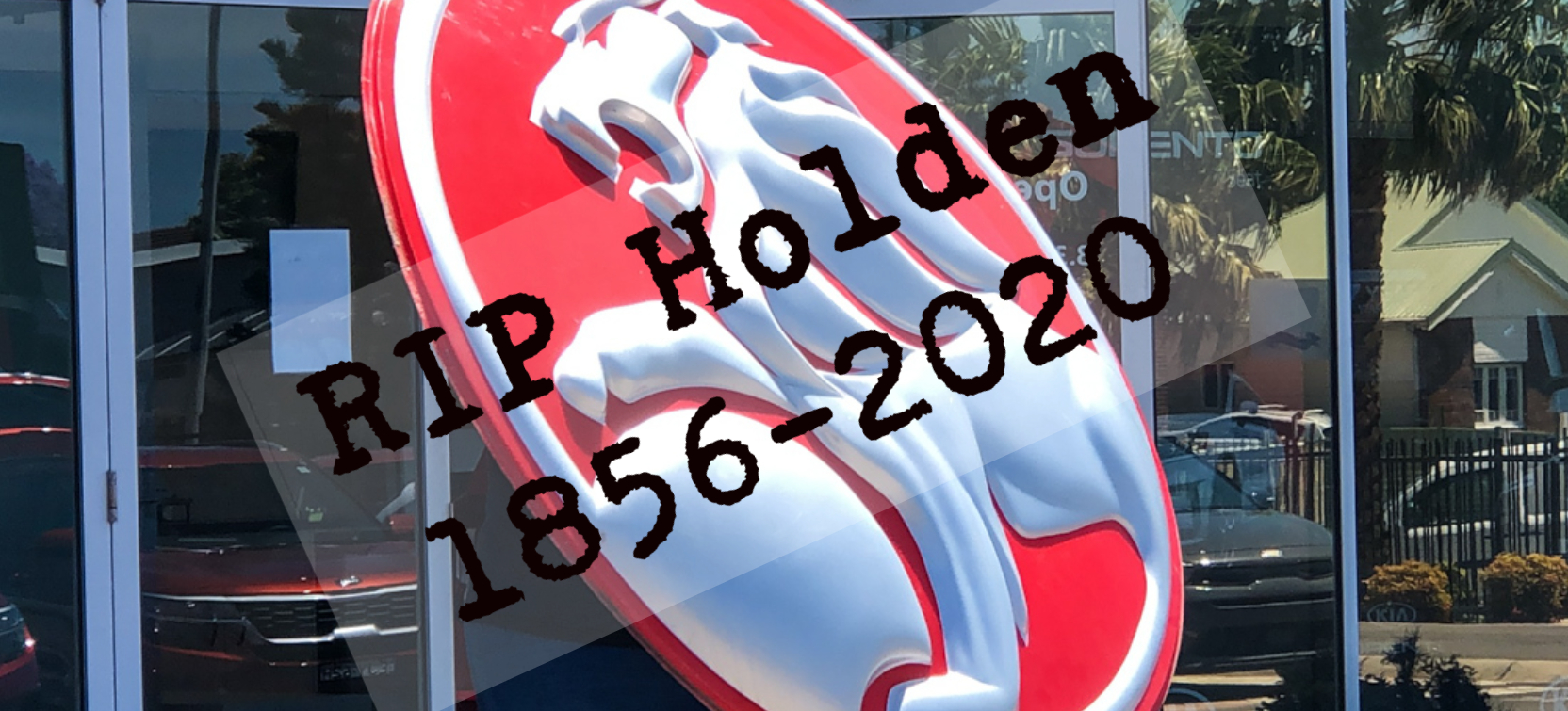
In stark comparison, the affordable prices and growing presence of Chinese car brands in Australia are proving too tempting for Australians to resist, as their stocks continue to rise in the national sales race.
GWM – formerly Great Wall Motors – had its best month ever in January, recording 769 sales and a 136 per cent increase over January 2020.
The Chinese carmaker has crept into Australia’s top 20 brands for the first time off the back of its GWM Ute launch, which sold 277 examples in its first month on sale.
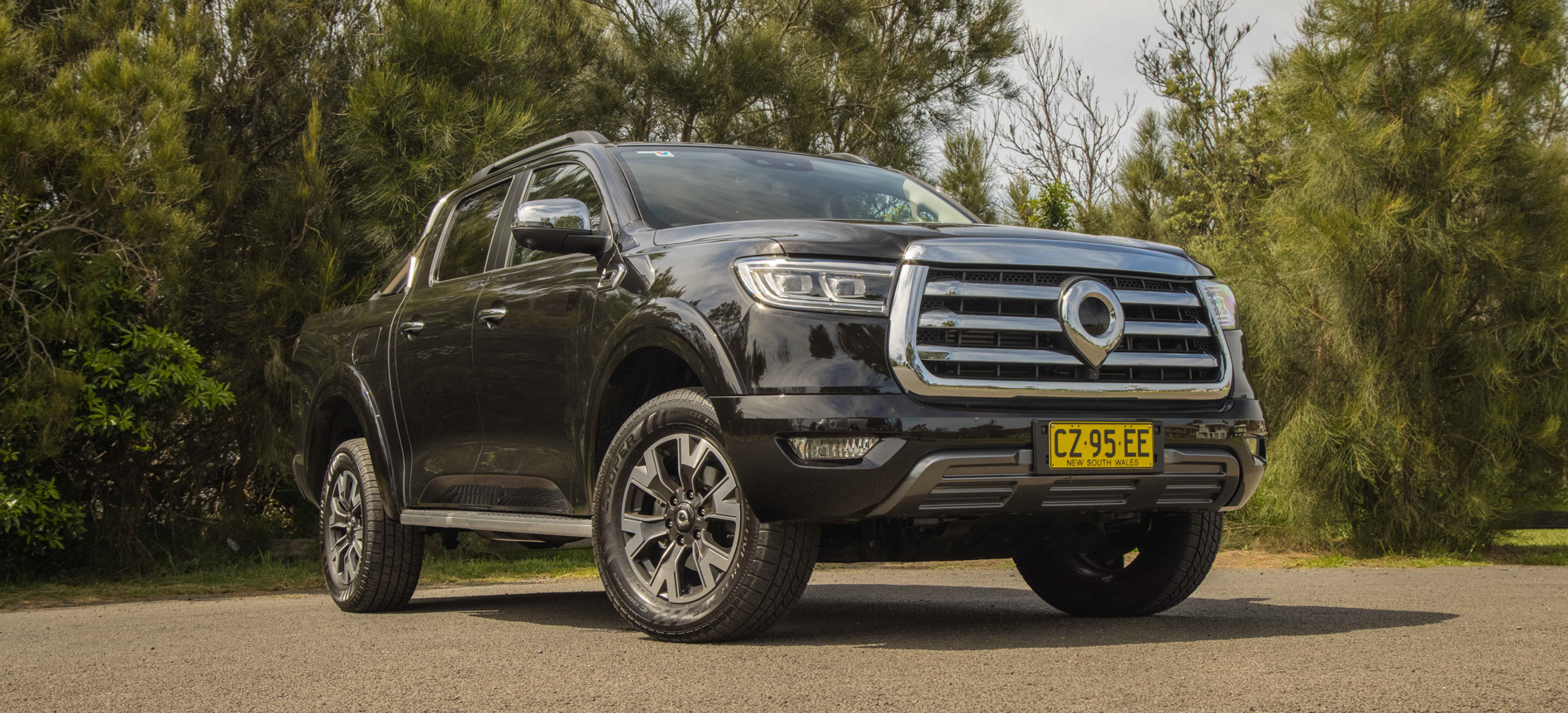
The conglomerate also includes passenger car subsidiary Haval, which saw improved results for the Haval H2 (257 sales), Haval H6 (110 sales) and Haval H9 ( 33 sales) SUVs.
Meanwhile, MG sales are up even more.
The SAIC-owned brand posted 2408 sales in January 2021, representing a 162 per cent increase over January 2020.
Its entry-level MG3 small hatch posted a 73 per cent improvement to sell almost twice as many units as Toyota’s new but dearer Yaris.
The small ZS SUV came within a whisker of knocking the dominant Mitsubishi ASX off the top spot in the segment, too, with more than 1200 sales posted.
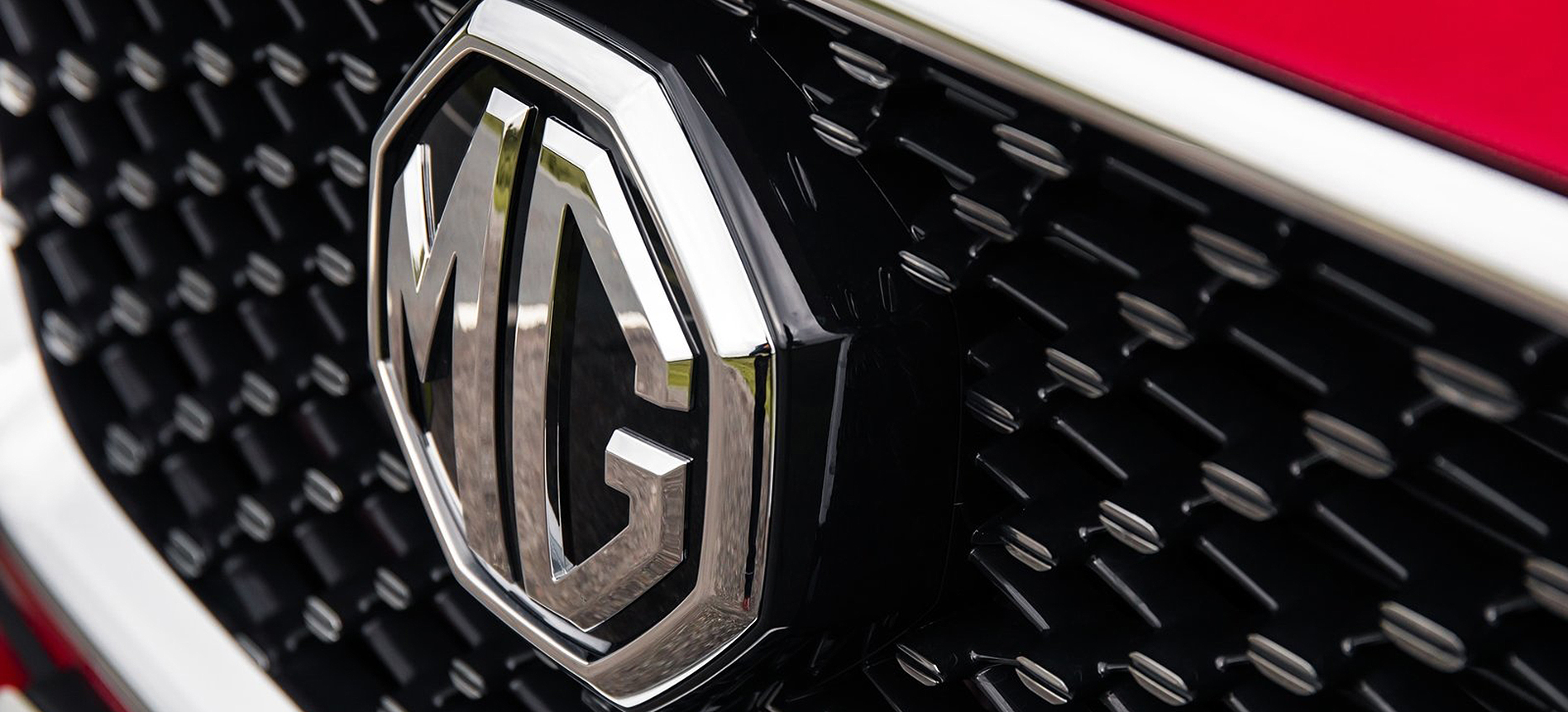
Collectively, China is now the fourth-largest source of new vehicles sales in Australia, following a 156 per cent sales increase year-on-year compared to January 2020.
It still trails Japan, Korea and Thailand.

